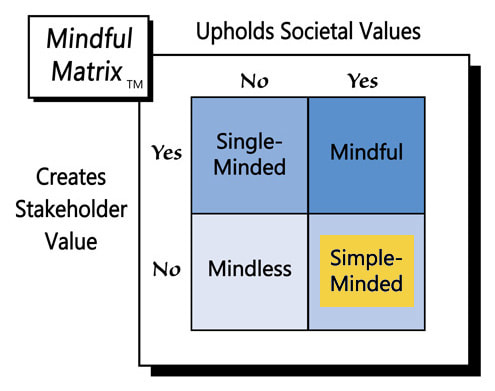Back to the Roots is a fledgling enterprise that’s made its mark with mushrooms. No, they aren’t the ones you find in the grocery store produce section. They’re mushrooms that you can grow at home, right in the very box in which you buy them.
A college course inspired founders Alejandro Velez and Nikhil Arora to spawn their business venture, which began with organic mushroom kits and has continued to grow. In the class, the young entrepreneurs learned how mushrooms could be grown in used coffee grounds. Then some successful experiments in the kitchen of their fraternity house encouraged the duo to ditch corporate job offers and take up mushroom farming full-time. Velez and Arora describe their business journey as follows:
“What started as curiosity about urban farming has turned into a passion to Undo Food™ and reconnect families back to where it comes from through fun and delicious ready to grow and ready to eat products.”
So, how exactly does the table-top mushroom growing work? Taking a Back to the Roots mushroom kit, you slit the front plastic cover to allow air to enter, submerge the mushroom roots in water for 24 hours, place the mushroom kit in indirect sunlight, spray with water twice a day, and watch the mushrooms grow for 10 days before harvesting.
In 1870, almost 50% of Americans were employed in agriculture. By 2008 that number had dropped to less than 2%. As most Americans become further removed from agricultural production, as more groceries consist of prepackaged and processed items, and as more of our time is spent indoors and in front of LCD screens, it’s increasingly easy to take food for granted. That disconnect is especially evident among children who have never tilled soil, planted seeds, or cultivated crops.
True, agricultural experience isn’t critical to success in an advanced economy, but it does serve several useful purposes. Growing food reorients one to the basics of life. It also promotes a greater understanding of important issues such as sustainable farming and world hunger.
So, Back to the Roots seems to serve a valuable educational mission, but will it will spur a movement that sees significant food production return to the home-front? Probably not. There are good reasons why most people grow little or none of their own food: Namely, it’s not an effective use of their time, especially when others dedicated to food production can do it on larger scales, much more efficiently.
Most of us live very busy lives that require us to guard our time as much as possible. To grow some, let alone most, of our own food is impractical. At the same time, occupational specialization allows us to serve others so they don’t have to do the things we do, provided that we can offer those services at lower costs, and thereby maintain a comparative advantage.
Back to the Roots does offer a small number of processed, prepackaged food items like Blue Corn Flakes and Cocoa Clusters, which reinforces the fact that individualized agriculture is unrealistic for most people. The company also markets a few other tabletop farming options, such as its “Garden-in-a-Can,” which comes with four sets of organic seeds for growing basil, cilantro, dill, and sage. (2) Of course, household herb gardens are pretty common place, and most people eat more than herbs and mushrooms.
In sum, Back to the Root’s in-home gardening products do provide a valuable experiential lesson about how things grow and they illuminate the importance of agriculture, which is especially helpful for children. The notion of using household farming to “Undo food” is a noble one; however, it’s unrealistic to think that advanced economies will return to individualized agriculture production or that people will buy tabletop gardening products in mass. In that light, Back to the Root’s long-term mission represents well-intentioned, albeit "Simple-Minded Marketing."
Learn more about the Mindful Matrix and Mindful Meter.
Check out Mindful Marketing Ads and Vote your Mind!




 RSS Feed
RSS Feed